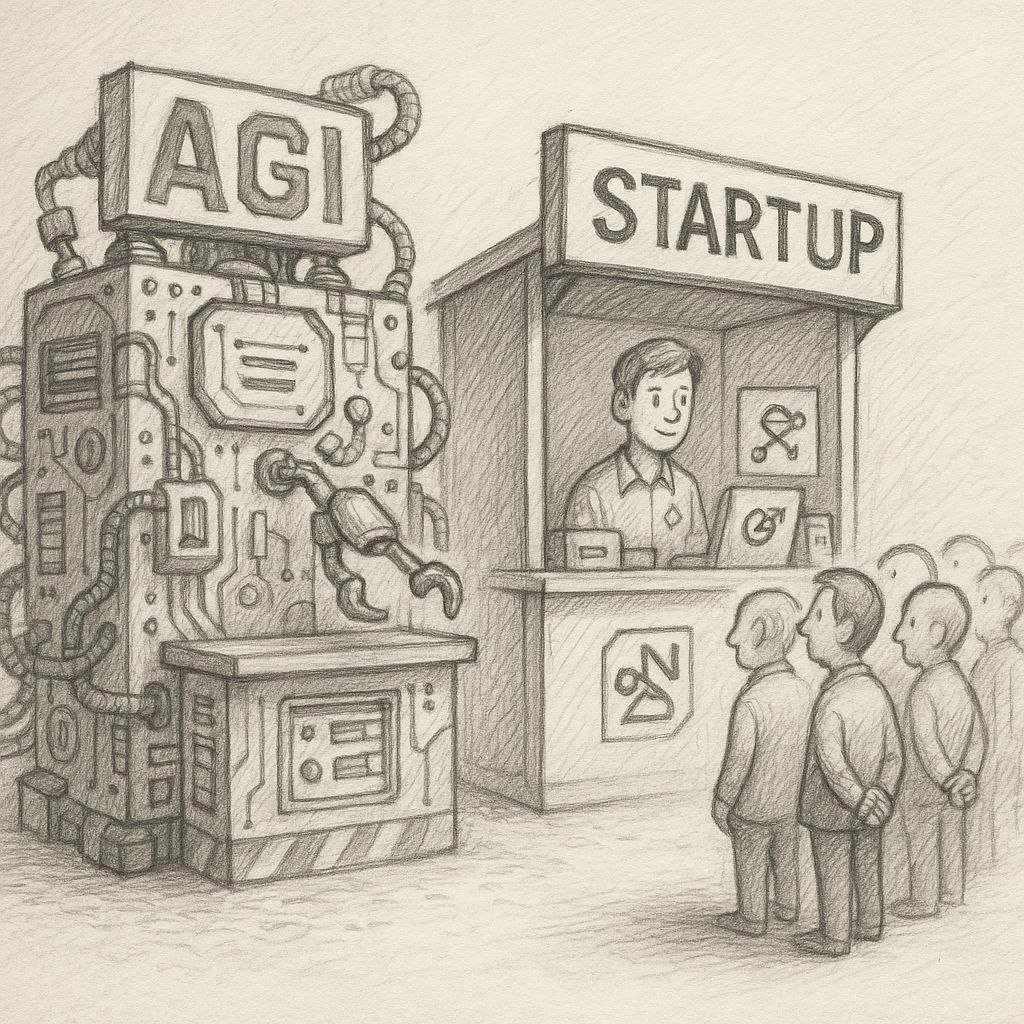
AI still has to prove it’s more than just a buzzword. The reality is that a technology’s value isn’t validated by theory but by real-world applications—and by the dollars it adds to EBITDA.
Investors understand this perfectly. They are shifting focus from funding abstract AGI concepts to backing specific, applied AI startups that optimize processes, reduce costs, and eliminate routine manual work.
On June 19th alone, over $914 million was invested in such companies. Here are nine standout deals from that day:
Ramp — $200M (Founders Fund) An AI platform for finance automation that has already saved its clients over $10 billion and millions of hours of manual labor.
Commure — $200M (General Catalyst) A full-stack AI for hospitals, designed to accelerate documentation, billing, and overall clinic management.
Tennr — $101M (IVP, a16z, Lightspeed) An AI system that automates the complex process of patient routing between doctors, simplifying referrals and insurance workflows.
Coralogix — $115M (NewView Capital) AI-powered observability for IT infrastructure. It analyzes logs to help engineering teams resolve production issues faster.
Pelico — $40M (General Catalyst) An AI co-pilot for manufacturing plants. It monitors for component shortages in real-time to prevent costly production line stoppages.
Mercanis — $20M (Partech, AVP) An AI platform for procurement that automates the entire cycle, from supplier selection to contract signing.
Tadaweb — $20M (Arsenal Growth) AI for Open-Source Intelligence (OSINT). It structures vast amounts of public data into concise, actionable insights.
Sifflet — $18M (EQT, Capmont) An AI data observability tool that prevents failures in ML pipelines caused by “silent” data errors.
Glyde — £450K (Fuel Ventures) A platform for cross-border payments without bank markups, offering transfers up to 3x cheaper than traditional methods.
The takeaway is simple: the market is focused on applied AI products that solve concrete business problems. Investors are voting for efficiency, and they’re doing it with their checks, not just with philosophy.